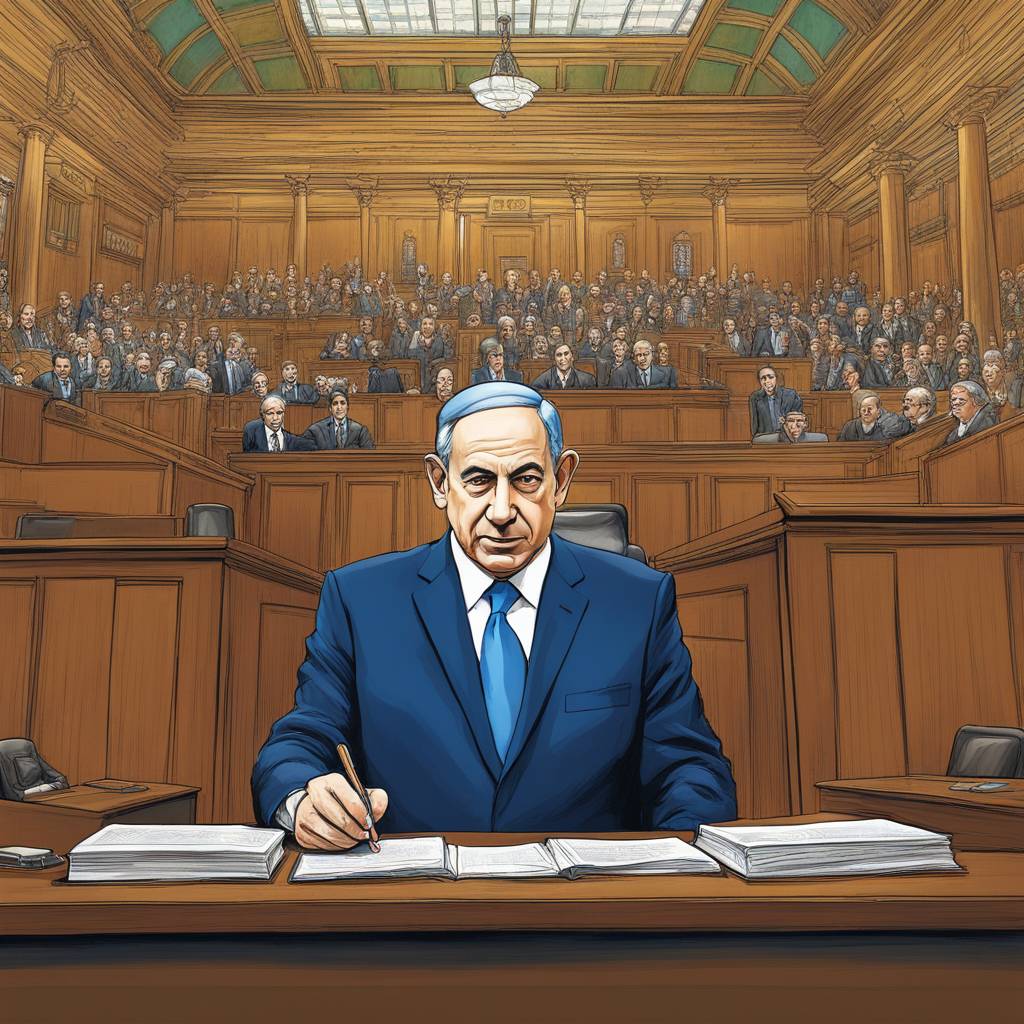The recent ruling by Israel’s Supreme Court curtailing subsidies for ultra-Orthodox men has sparked controversy and raised questions about the future of Prime Minister Benjamin Netanyahu’s governing coalition. The court ruled that the current system of exempting ultra-Orthodox men from military service is discriminatory and gave the government a deadline to present a new plan. The decision has been met with mixed reactions, with many Israelis celebrating it as an end to a system that privileges the ultra-Orthodox at the expense of the broader public. However, ultra-Orthodox leaders have denounced the decision as an attack on their way of life.
The exemption for ultra-Orthodox men from military service dates back to Israel’s founding, but has become increasingly divisive as the ultra-Orthodox population has grown. Many ultra-Orthodox men continue to receive government stipends for full-time religious study, eschewing paid employment. Critics argue that this system is unsustainable and unfair to those who serve in the military and contribute economically. The court’s ruling has sparked calls for a reevaluation of the relationship between the ultra-Orthodox community and the state, particularly in terms of education and employment.
The decision poses a significant threat to Netanyahu’s coalition government, as his dependence on the ultra-Orthodox parties for support could be jeopardized. If Netanyahu moves to eliminate the exemptions, he risks alienating the ultra-Orthodox parties, potentially leading to the collapse of his government. The centrist members of his coalition have insisted on equal contribution from all sectors of Israeli society, putting pressure on Netanyahu to address the issue. The possibility of losing the support of the ultra-Orthodox parties could force Netanyahu to navigate a delicate balancing act to maintain his government.
The court’s ruling has also reignited debates about the role of the ultra-Orthodox community in Israeli society and the balance between religious and secular interests. While some argue that integrating the ultra-Orthodox into the military is necessary for promoting equality and shared responsibility, others believe that their devout lifestyle and dedication to upholding Jewish commandments are important for the country’s spiritual well-being. Ultra-Orthodox leaders have vowed to fight any attempt to compel Haredim to serve in the military, emphasizing the importance of Torah study in their way of life.
As Israel continues to grapple with the challenges of the ongoing war in Gaza, the court’s decision adds another layer of complexity to the country’s political landscape. Netanyahu, who has been known for his political survival skills, faces a precarious situation as he tries to navigate the competing interests within his coalition. The future of Israeli politics hangs in the balance as Netanyahu works to devise a plan that satisfies the court’s ruling while also maintaining the support of key coalition partners. The coming weeks will be crucial for Netanyahu as he seeks to preserve his government and address the contentious issue of military exemptions for the ultra-Orthodox community.








